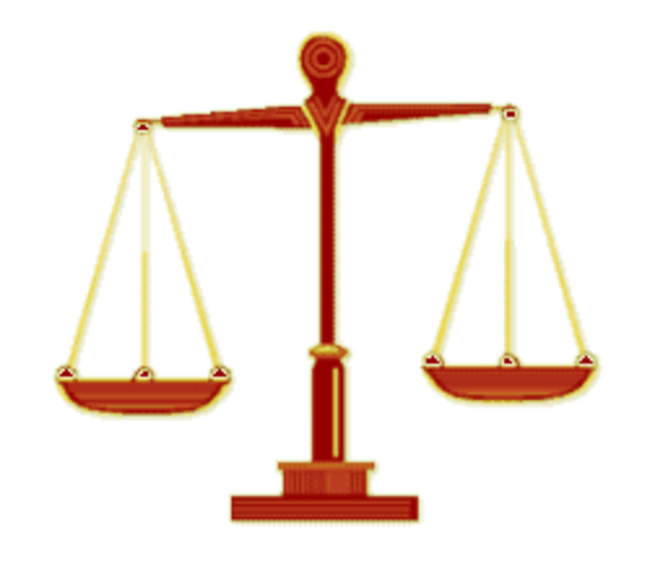
Main Difference
The main difference between Grievance and Complaint is that the Grievance is a a wrong or hardship suffered, real or imagined, causing grounds for complaint and Complaint is a Legal document, the filing of which initiates a lawsuit
-
Grievance
In general, grievance (from class. lat. gravis: heavy) is a wrong or hardship suffered, real or supposed, which forms legitimate grounds of complaint. In the past, the word meant oppressive state of things.
-
Complaint
In legal terminology, a complaint is any formal legal document that sets out the facts and legal reasons (see: cause of action) that the filing party or parties (the plaintiff(s)) believes are sufficient to support a claim against the party or parties against whom the claim is brought (the defendant(s)) that entitles the plaintiff(s) to a remedy (either money damages or injunctive relief). For example, the Federal Rules of Civil Procedure (FRCP) that govern civil litigation in United States courts provide that a civil action is commenced with the filing or service of a pleading called a complaint. Civil court rules in states that have incorporated the Federal Rules of Civil Procedure use the same term for the same pleading.
In Civil Law, a “complaint” is the very first formal action taken to officially begin a lawsuit. This written document contains the allegations against the defense, the specific laws violated, the facts that led to the dispute, and any demands made by the plaintiff to restore justice.In some jurisdictions, specific types of criminal cases may also be commenced by the filing of a complaint, also sometimes called a criminal complaint or felony complaint. Most criminal cases are prosecuted in the name of the governmental authority that promulgates criminal statutes and enforces the police power of the state with the goal of seeking criminal sanctions, such as the State (also sometimes called the People) or Crown (in Commonwealth realms). In the United States, the complaint is often associated with misdemeanor criminal charges presented by the prosecutor without the grand jury process. In most U.S. jurisdictions, the charging instrument presented to and authorized by a grand jury is referred to as an indictment.
-
Grievance (noun)
Something which causes grief.
-
Grievance (noun)
A wrong or hardship suffered, which is the grounds of a complaint.
-
Grievance (noun)
Feelings of being wronged; outrage.
-
Grievance (noun)
A complaint or annoyance.
-
Grievance (noun)
A formal complaint, especially in the context of a unionized workplace.
-
Grievance (noun)
Violation of regulations or objectionable behavior.
-
Complaint (noun)
A grievance, problem, difficulty, or concern; the act of complaining.
“I have no complaints about the quality of his work, but I don’t enjoy his company.”
-
Complaint (noun)
In a civil action, the first pleading of the plaintiff setting out the facts on which the claim is based;
The purpose is to give notice to the adversary of the nature and basis of the claim asserted. -
Complaint (noun)
In criminal law, the preliminary charge or accusation made by one person against another to the appropriate court or officer, usually a magistrate.
However, court proceedings, such as a trial, cannot be instituted until an indictment or information has been handed down against the defendant. -
Complaint (noun)
A consumer complaint.
-
Complaint (noun)
A bodily disorder or disease; the symptom of such a disorder.
“Don’t come too close; I’ve got this nasty complaint.”
